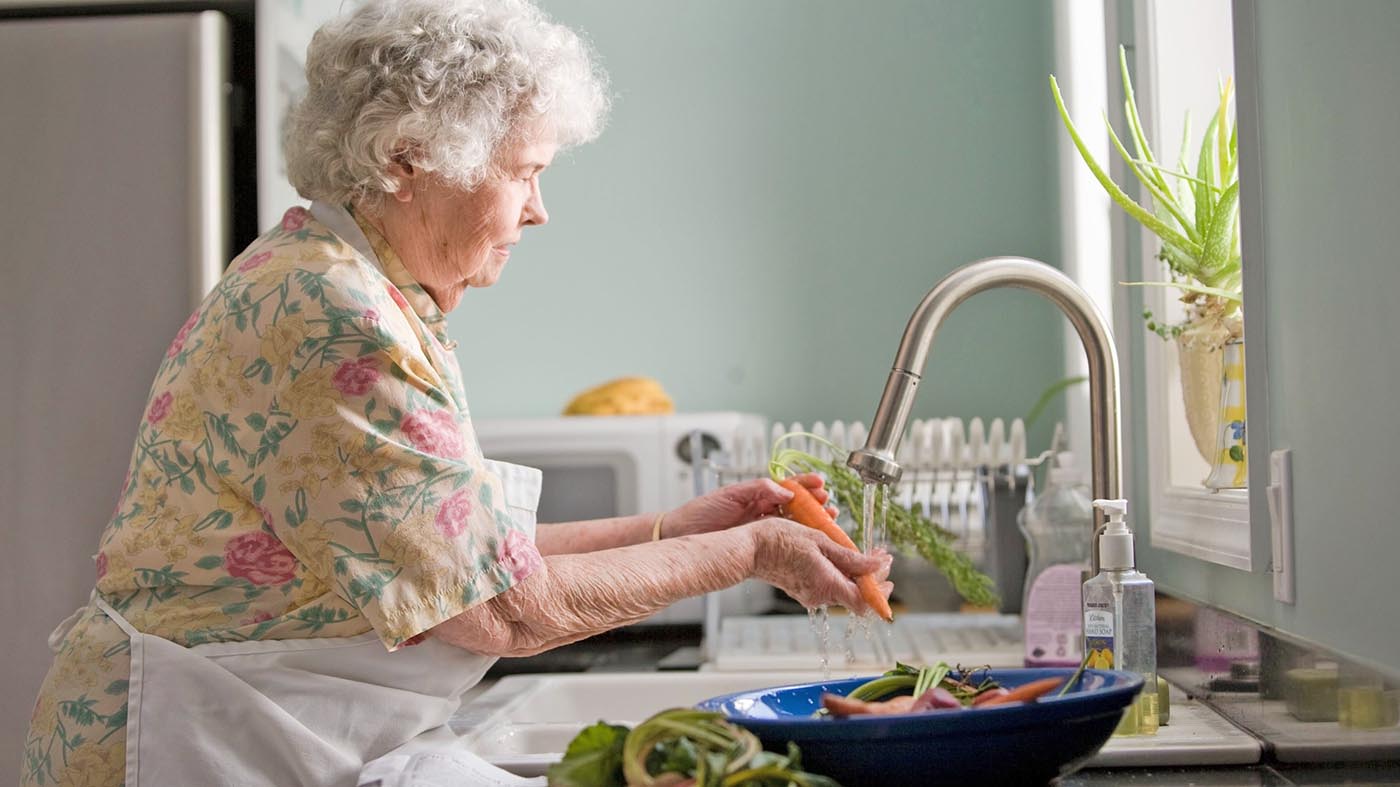Malnutrition is a serious condition in which the body does not receive the nutrients it needs to function properly. Contrary to popular belief, it can affect people of all ages, shapes and sizes. In recognition of Malnutrition Awareness Week, Sept. 18-22, VA is encouraging Veterans to learn what malnutrition means and how you can reduce or prevent your risk of malnutrition.
Your body requires adequate amounts of calories, protein, and other nutrients to function each day. Lack of healthy foods can lead to malnutrition in as little as five days.
The risk of malnutrition increases with the following challenges
- Poor appetite
- Certain medical conditions
- Chronic Obstructive Pulmonary Disease/COPD
- Cancer
- Cirrhosis
- Dysphagia
- Bariatric surgery
- Alcoholism
- Unreliable access to food often due to homelessness, limited finances or lack of transportation
Symptoms of malnutrition
- Increased risk of falling
- Low energy
- More time in the hospital
- Loss of strength
- Higher risk of bed sores (pressure injuries)
If you or a loved one is at risk for malnutrition, eating more often and choosing high calorie/high protein foods will help your body get the nutrients it needs. If you have a poor appetite, then you should eat small meals every two to three hours. Some examples of foods high in calories and protein are peanut butter, eggs, avocados and whole milk dairy products.
Here are a few easy high calorie/high protein snack ideas:
- Peanut butter and jelly sandwich on whole wheat bread
- One cup of Greek yogurt topped with granola and chia seeds or nuts
- Two scrambled eggs in a tortilla with beans and cheese
- Add pesto, oil, or butter to pasta, rice, soup and stews
- Mix up a high protein, high calorie smoothie.
Check out a few more ideas for how to eat more calories and protein. Depending on where you live, If you have difficulty preparing meals and are over the age of 60 (or are considered homebound and disabled), you may be eligible for community meal delivery programs. Contact your local VA outpatient social worker for more information.
Registered dietitians are trained to provide medical nutrition therapy to treat or prevent malnutrition. Contact your local VA to request an appointment with a registered dietitian.
Read more stories on nutrition.
Topics in this story
More Stories
Study underscores important role COVID vaccination can have in protecting Veterans from infection and reducing long-term health consequences
Columbia VA’s robotic surgery teams completed their 800th robotic surgery and are on schedule to hit 1,000 by the end of the year.
In a decentralized clinical trial, Veterans can participate from their own homes or local VA instead of having to travel to a research site.







Thanks for the ideas on getting proper nutrition . I’ll definitely give it a try .